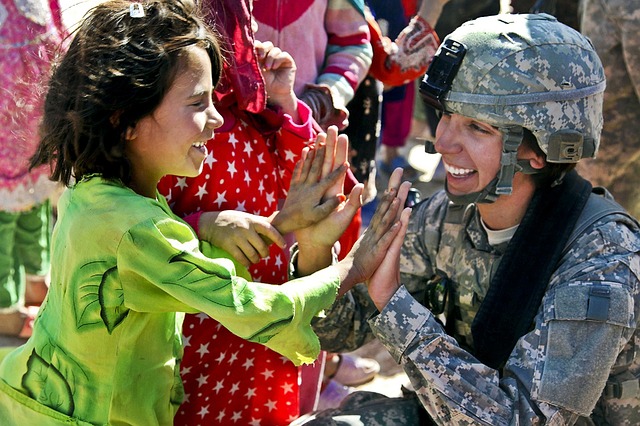Gender equality and other similar values should be taught at a much basic level, like pre-school instead of remote learning at a primary or middle school level, as per the National Council for Educational Research and Training (NCERT). Just learning and writing about gender equality in exams doesn’t actually help the cause at all.
NCERT is the body which builds the curriculum for schools all across the country, including textbooks and course content to be taught. However, this would be the very first time that NCERT is involved at a pre-school level. It is expected that children would learn about gender equality at a pre-nursery or nursery level, before even beginning the school.
Also, another big change would be the Council’s attempt to shake down the rote learning, which eventually results in stress among the students. The focus would be on creative learning and teachers would be instructed to be more involved and more receptive to the students’ ideas.
A statement in the NCERT’s new curriculum read,
Rote based learning, wihtout any meaninful context which puts pressure on child is harmful.
Gender equality and special needs focus
Breaking the basic stereotypes at a very tender age of 5 or 6 and promoting gender equality, the involvement of differentially-abled children would eventually make things better. The role-plays and skits done at the school level should be done only if they are devoid of any gender bias or any other common stereotype.
Along with this, there are special notes for parents to help the curriculum further. As per the outcomes listed by the council, a child by the age of 6 should be able to judge colors, shape. One aspect, that has been missing from the pre-school education – a child by the age of 6 should learn to count up to 100, has also been added.
Parents and lawyers across the countries are delighted with NCERT’s involvement at such a young level and its decision to promote such values.







